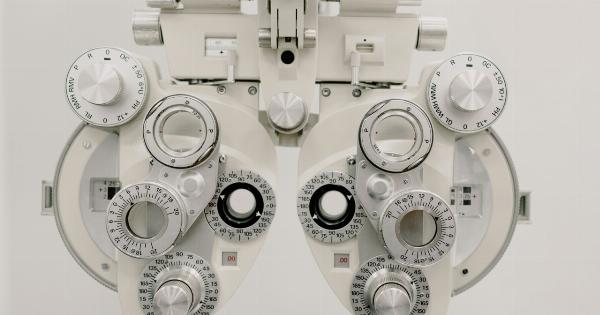Psychiatric services play a crucial role in the overall healthcare system, providing critical help to individuals suffering from mental illnesses.
In the UK, the National Health Service (NHS) has been responsible for delivering these services and ensuring the well-being of those dealing with psychiatric conditions. However, the state of psychiatric services in the NHS has been a topic of concern and debate. This article explores the findings of the August 25th report, shedding light on the current situation and highlighting areas of improvement.
The Importance of Psychiatric Services
Psychiatric services are essential in supporting individuals with mental health problems. These services encompass a wide range of treatments, therapeutic interventions, and support networks.
They aim to alleviate symptoms, improve mental well-being, and enhance overall quality of life. Psychiatric services can include medication management, psychotherapy, counseling, and various other forms of psychological and social support.
Findings of the August 25th Report
The August 25th report provides a comprehensive analysis of the current state of psychiatric services in the NHS. It highlights both achievements and areas of concern.
One of the positive aspects highlighted is the increased investment in mental health services over recent years. This has led to improved access to care and increased availability of resources for patients. However, despite these advancements, the report also identifies several key challenges that need to be addressed.
1. Insufficient Funding for Psychiatric Services
A major concern highlighted in the report is the lack of adequate funding for psychiatric services. Despite the increased investment in recent years, mental health services still face significant budgetary constraints.
This has resulted in long waiting times for treatment, limited availability of specialized services, and strains on the mental health workforce. Further funding is required to address these shortcomings and ensure that individuals receive timely and appropriate care.
2. Workforce Shortages and High Workload
The report also reveals that psychiatric services are facing ongoing workforce shortages. There is a high demand for mental health professionals, including psychiatrists, psychologists, and psychiatric nurses.
However, recruitment and retention remain major challenges. Additionally, the existing workforce often faces excessive workloads, leading to burnout and compromising the quality of care provided.
Addressing these staffing issues and improving working conditions are imperative for enhancing the overall service delivery.
3. Variation in Service Quality
Another concern highlighted in the report is the variation in the quality of psychiatric services across different regions and healthcare providers within the NHS.
Disparities in service provision can impact access to care and quality of treatment outcomes. The report emphasizes the need for standardized guidelines, protocols, and monitoring systems to ensure consistent and high-quality service delivery across the board.
4. Lack of Integration with Other Healthcare Sectors
Psychiatric services often face challenges in terms of integration with other sectors of the healthcare system. This can result in fragmented care and barriers to effective treatment.
The report suggests that better coordination and collaboration between psychiatric services and other specialties are essential to ensure holistic and comprehensive care for individuals with mental health needs.
5. Stigma and Discrimination
Despite significant progress in raising awareness about mental health, the report highlights that stigma and discrimination still exist. This can prevent individuals from seeking help and create barriers to accessing psychiatric services.
Strategies to combat stigma and enhance public understanding are necessary to ensure that mental health is treated with the same importance as physical health.
Conclusion
The August 25th report sheds light on the current state of psychiatric services in the NHS. While there have been advancements, significant challenges persist.
Adequate funding, addressing workforce shortages, ensuring consistent service quality, improving integration, and combating stigma are key areas that require attention. By addressing these issues and prioritizing mental health, the NHS can provide effective and accessible psychiatric services to those in need.






























